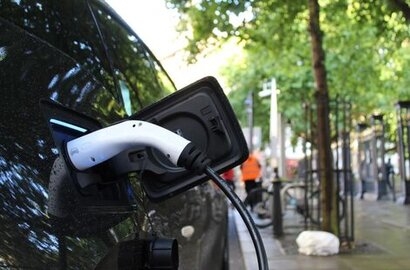
Forty-four percent of surveyed EV owners and those considering purchasing an EV as their next vehicle weren’t confident in the definition of ‘smart charging’, a YouGov survey discovered.
However, when prompted with correct responses, 62 percent of respondents were correctly able to identify that smart charging is better for the national electricity grid, while 67 percent knew that smart charging schedules charges at times when there are more renewables, a lower cost, and less CO2 emissions.
Yet 30 percent and 35 percent of respondents were unsure about accurately defining smart charging when presented with two correct definitions, meaning around a third of current and future EV owners are unaware as to what the new smart charging legislation means to them.
The new legislation in the UK will require new charge points to be capable of smart charging and to charge during off-peak hours as a default.
This will result in less demand on the grid during peak hours as the amount of EVs in the UK increases as well as reducing costs for EV drivers taking advantage of off-peak energy prices.
An 18-month smart charging trial by Electric Nation among 700 EV drivers noted a surge in electricity demand at 10pm as charge points came online after peak hours, therefore the new legislation also requires a randomised delay at the start of charge to ease the pressure on the grid.
“The survey shows there is still a lot of confusion among UK drivers, with many still wondering how the new smart charging legislation will affect them” said Alok Dubey, UK Country Manager at Monta. “There’s clearly a lack of awareness. The government should be promoting and celebrating this legislation, but it needs to do more to spell out the changes. The move towards standardised smart charging is great for UK EV drivers, as it means their charges have even less impact on the environment and their wallets. We’re supportive of smart charging, but right now, without any real clarification, many are going to be left confused as to why they can’t charge their own vehicle as standard at 5pm. And it’s not just drivers either. Charge point manufacturers and installers have had to rush to get equipment ready for the changes, but progress for a lot of them has been stalled with supply chain issues, operating costs, and staffing shortages. This legislation is designed to make the EV rollout easier, but right now it’s just causing uncertainty.”
For additional information:

